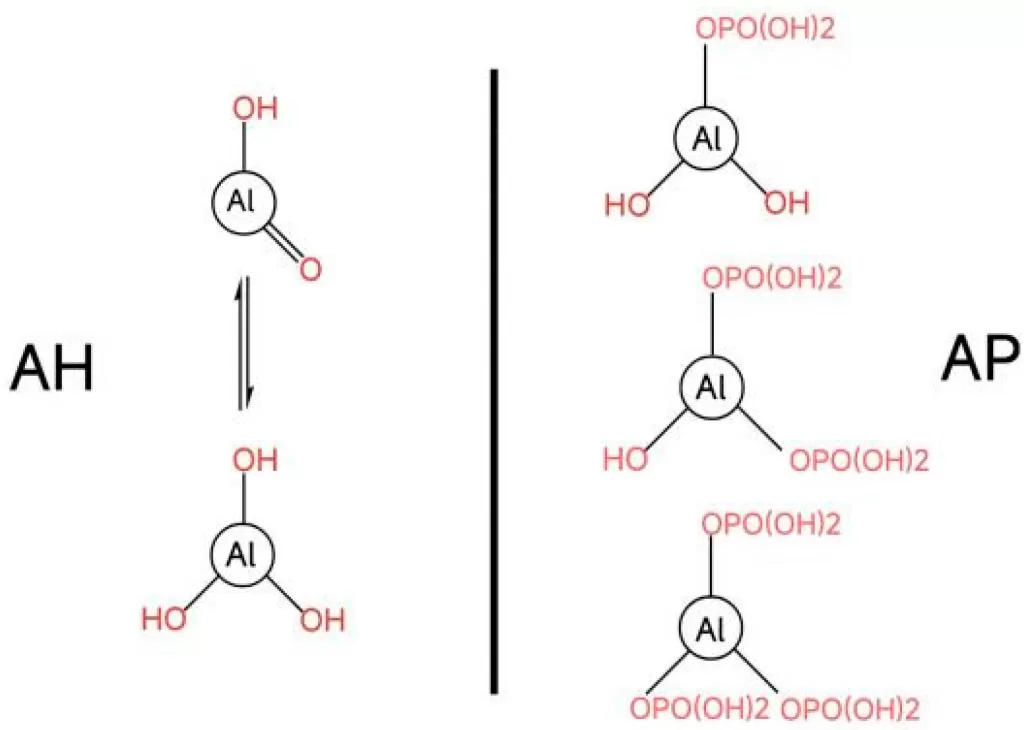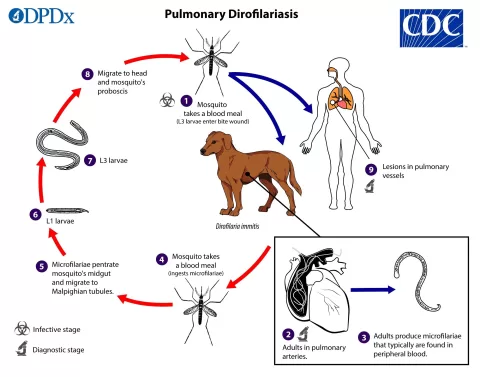Aluminum-adjuvanted childhood vaccines have long been a topic of discussion among parents and healthcare professionals alike, particularly concerning their safety and potential links to conditions such as autism. A comprehensive study following over 1.2 million children in Denmark has recently reinforced existing knowledge that these vaccines do not correlate with increased risks for autoimmune disorders, neurodevelopmental conditions, or allergies. It published in the Annals of Internal Medicine, presents compelling evidence against the vaccine autism link, underscoring that aluminum exposure from vaccines is minuscule and safe for the developing immune systems of young children. Discussions surrounding aluminum vaccine studies often evoke concerns, yet the latest research further dispels myths linking these essential childhood immunizations to various health issues. As the debate continues, it is vital to rely on scientific evidence to enhance the public’s understanding of childhood vaccine safety, ultimately facilitating informed decisions for their children’s health.
When discussing the role of aluminum in vaccines for young children, many opt for terms such as aluminum-based adjuvants or aluminum-containing immunizations. These substances are incorporated into various vaccines to boost the immune response, and their use has been a standard practice for decades. The safety of these vaccines remains a prevalent concern, particularly in light of the ongoing scrutiny related to conditions such as developmental delays and autoimmune diseases. Transitioning from fear-based narratives to evidence-based discussions can help empower parents with knowledge regarding the extensive research, which consistently finds no association between these aluminum-augmented vaccines and risks of significant health issues. By examining the scientific context, families can make educated choices when it comes to childhood immunizations, ensuring that their children are protected against serious and preventable diseases.
The Safety of Aluminum-Adjuvanted Childhood Vaccines
Recent research has intensified the conversation surrounding the safety of aluminum-adjuvanted childhood vaccines. A comprehensive 24-year study analyzing over 1.2 million Danish children found no correlation between these vaccines and adverse health outcomes such as autoimmune disorders, atopy, and neurodevelopmental conditions like autism. The results of this study, published in the Annals of Internal Medicine, serve to reassure parents concerned about vaccine safety amid ongoing debates fueled by vaccine misinformation.
Aluminum-containing adjuvants play a crucial role in enhancing the immune response to vaccines. Used for decades in numerous vaccines administered during childhood, including those for diphtheria and tetanus, studies have consistently shown that the benefits of vaccination far outweigh potential risks. This recent evidence supports public health policies aimed at promoting vaccination and allays fears regarding the safety of aluminum-based formulations.
Frequently Asked Questions
What is the safety profile of aluminum-adjuvanted childhood vaccines?
Aluminum-adjuvanted childhood vaccines have been used worldwide for decades and are considered safe. A recent study involving over 1.2 million children found no evidence linking these vaccines to autoimmune, atopic, or neurodevelopmental conditions, including autism.
Is there a link between aluminum-adjuvanted childhood vaccines and autism?
Extensive research, including a 24-year study of more than 1.2 million children, shows no connection between aluminum-adjuvanted childhood vaccines and autism. This adds to the significant body of evidence supporting the vaccines’ safety.
What does the aluminum vaccine study reveal about autoimmune conditions?
The aluminum vaccine study found no association between aluminum exposure from childhood vaccines and the development of autoimmune conditions. Researchers analyzed data on over 50 chronic conditions, concluding that aluminum-adjuvanted vaccines pose a very low risk for these disorders.
How does aluminum in childhood vaccines affect neurodevelopmental disorders?
The recent study indicated that there is no increased risk of neurodevelopmental disorders, including ADHD and autism, associated with aluminum exposure from childhood vaccines. Findings suggest a strong safety profile for these vaccines.
Are aluminum adjuvants in childhood vaccines safe for all children?
Yes, aluminum adjuvants in childhood vaccines are deemed safe for all children as per large-scale studies. The findings consistently show that they do not increase the risk of autoimmune, atopic, or neurodevelopmental disorders.
What concerns do parents have regarding aluminum-adjuvanted childhood vaccines?
Parents often worry about potential risks linked to aluminum-adjuvanted childhood vaccines, such as autism or autoimmune conditions. However, substantial evidence, including a recent large-scale study, indicates that these vaccines are safe and not associated with such risks.
Do childhood vaccines contain harmful levels of aluminum?
Childhood vaccines contain very low levels of aluminum, ranging from 0.125 to 1.00 mg per dose. Studies have shown that this amount does not correlate with increased health risks, including allergies, autoimmune diseases, or neurodevelopmental disorders.
What are the benefits of aluminum-adjuvanted childhood vaccines?
Aluminum-adjuvanted childhood vaccines enhance the immune response, which is critical in protecting against serious diseases. Research supports their effectiveness in preventing infections without raising concerns over safety related to aluminum exposure.
What types of childhood vaccines use aluminum as an adjuvant?
Common childhood vaccines that utilize aluminum as an adjuvant include DTaP (diphtheria, tetanus, and pertussis), Hib (Haemophilus influenzae type b), PCV (pneumococcal conjugate vaccine), and hepatitis A and B vaccines.
How is the safety of aluminum-adjuvanted vaccines monitored?
The safety of aluminum-adjuvanted vaccines is continuously monitored through large-scale epidemiological studies and post-marketing surveillance to ensure they remain safe for public use, as consistently shown by research evidence.
| Key Points |
|---|
| A comprehensive 24-year study involving over 1.2 million Danish children found no link between aluminum-adjuvanted childhood vaccines and conditions like autism. |
| Conducted by researchers at the Statens Serum Institut, the study utilized registry data and focused on children born from 1997 to 2018. |
| Only 1.2% of children in the study received no aluminum-containing vaccines before age 2. |
| Each vaccine dose contained 0.125 to 1.00 mg of aluminum, with median exposure by age 2 being 3 mg. |
| No increased risk was found for any chronic conditions, including 50 chronic conditions covering autoimmune, atopic, and neurodevelopmental disorders. |
| The study’s findings support the continued safe use of aluminum-adjuvanted vaccines in childhood immunization programs. |
Summary
Aluminum-adjuvanted childhood vaccines are thoroughly examined in a landmark study that demonstrates no significant links to adverse health conditions such as autism and other chronic illnesses. The sizeable sample of over 1.2 million children reassures both parents and health professionals about the safety profile of these vaccines, making it clear that aluminum-adjuvanted childhood vaccines can be trusted as an essential component of preventive health care.
The content provided on this blog (e.g., symptom descriptions, health tips, or general advice) is for informational purposes only and is not a substitute for professional medical advice, diagnosis, or treatment. Always seek the guidance of your physician or other qualified healthcare provider with any questions you may have regarding a medical condition. Never disregard professional medical advice or delay seeking it because of something you have read on this website. If you believe you may have a medical emergency, call your doctor or emergency services immediately. Reliance on any information provided by this blog is solely at your own risk.








